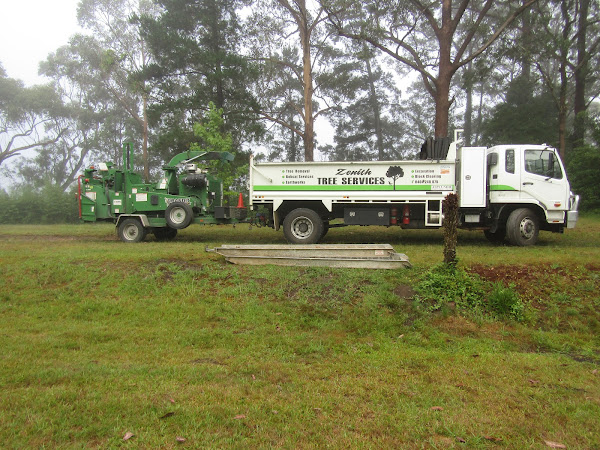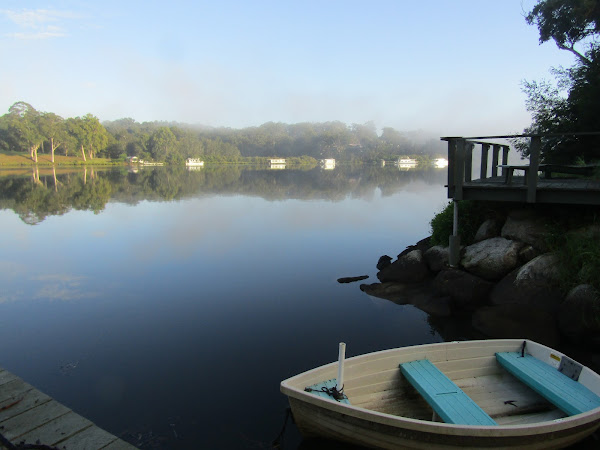He was a little boy at the time the "Great War", who then lived through the miseries of the Treaty of Versailles as a teenager; whose promising career as a "Volkswirt" was cut short by the next war, from which he then came back as a physically disabled and emotionally dead man.
This man was my father who was born on the 9th of December 1907 and who died on this day in 1984. I attended the funeral of this man whom I only ever knew as an emotionally dead man who never showed any sign of affection towards me. Once a year I would run home from school, excited to show him my top marks, and was met with his blank stare.
I built myself a new life in Australia, after which I revisited home and was greeted with an indifference as if I'd just been down to the corner store to buy him the one bottle of beer he held on to for the whole day as he sat, always in his dressing gown, by the window and unseeingly watched the world pass him by. He was the stranger that was my father.
I lived and worked in Athens in Greece in 1983 and flew to Germany to sit with him for a week but he no longer recognised me. I flew back a few months later to attend the funeral but I couldn't weep. I was as emotionally dead as he had been, and yet, as his coffin slowly moved towards the curtain, I shuddered with defiant disbelief that this was the end of his long and painful life.
Even if we understand that dying is but a token of our existential luckiness, even if we understand that we are borrowed stardust, bound to be returned to the universe that made it — a universe itself slouching toward nothingness as its stars are slowly burning out their energy to leave a cold austere darkness of pure spacetime - that we are "3,147,740,103,497,276,498,750,208,327 atoms, and consist of 63.7 percent oxygen, 21.0 percent carbon, 10.1 percent hydrogen, 2.6 percent nitrogen, 1.4 percent calcium, 1.1 percent phosphorous, plus a smattering of the ninety-odd other chemical elements created in stars", it is still hard to understand that in our cremation, "water evaporates; carbon and nitrogen combine with oxygen to make gaseous carbon dioxide and nitrogen dioxide, which floats skyward and mingles with the air, and most of our calcium and phosphorous bakes into a reddish brown residue which scatters in soil and in wind." ["Mr g" by Alan Lightman]
As Alan Lightman continues to write: "Released from their temporary confinement, the atoms slowly spread out and diffuse through the atmosphere. In sixty days' time, they could be found in every handful of air on the planet. In one hundred days, some of the atoms, the vaporous water, had condensed into liquid and returned to the surface as rain, to be drunk and ingested by animals and plants. Some of the atoms were absorbed by light-utilising organisms and transformed into tissues and tubules and leaves. Some were breathed in by oxygen creatures, incorporated into organs and bone.
Pregnant women ate animals and plants made of the atoms. A year later, babies contained some of the atoms... Several years after the death, millions of children contained some of the atoms. And their children would contain some of the atoms as well. Their minds contained part of the mind.
Will these millions of children, for generations upon future generations, know that some of their atoms cycled through this person? It is not likely. Will they feel what that person felt, will their memories have flickering strokes of that person's memories? No, it is not possible. But it will let them have their own brief glimpse of the Void, just at the moment as they pass from living to dead, from animate to inanimate, from consciousness to that which has no consciousness. For a moment, they will understand infinity.
And the individual atoms, cycled through the body and then cycled through wind and water and soil, cycled through generations and generations of living creatures and minds, will repeat and connect and make a whole out of parts. Although without memory, they make a memory. Although impermanent, they make a permanence. Although scattered, they make a totality."
Animated by electrical impulses and temporal interactions of matter, our finite minds cannot grasp any of this. Perhaps this poem helps:
|
born 9.12.1907 - died 31.1.1984
Do not stand at my grave and weep,
I am the gentle showers of rain,
I am in the flowers that bloom,
Do not stand at my grave and cry,
|



















